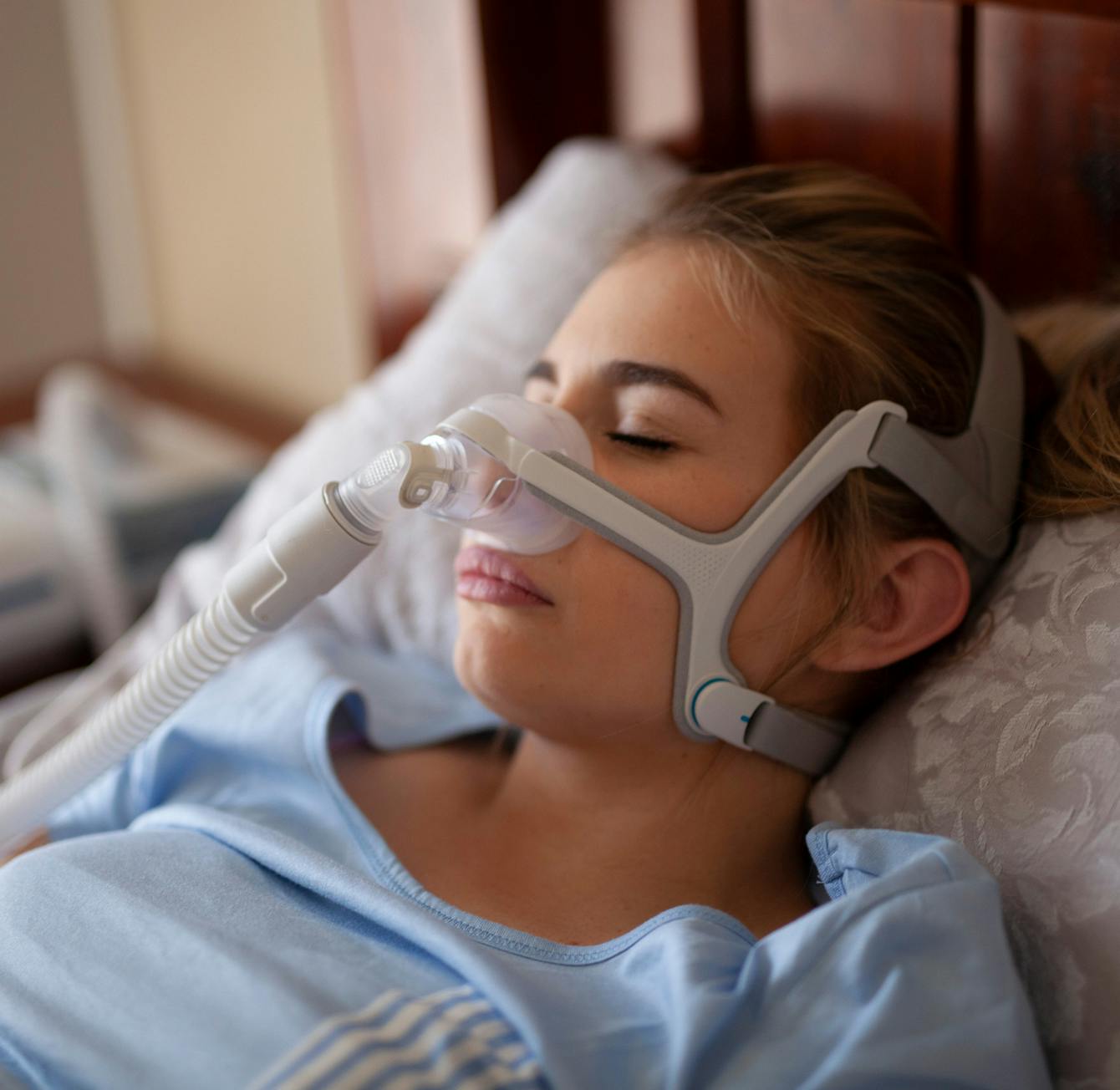Snoring may often be dismissed as a simple annoyance, but it can be a sign of a more serious underlying condition: sleep apnea. The evaluation of snoring and sleep apnea is a critical process that can help uncover this sleep disorder, which, if left untreated, can lead to significant health problems. At our clinics in Louisiana, we specialize in the comprehensive assessment and management of snoring and sleep apnea to help our patients achieve better sleep and improve their overall health.
What causes snoring?
Several factors can contribute to snoring, including:
- Anatomy of the mouth and sinuses: A low, thick, soft palate or enlarged tonsils can narrow the airway.
- Alcohol consumption: Alcohol relaxes throat muscles, which can increase the likelihood of snoring.
- Nasal problems: Chronic nasal congestion or a deviated septum can contribute to your snoring.
- Sleep deprivation: Not getting enough sleep can lead to further throat relaxation.
- Sleep position: Sleeping on your back can cause the tongue to move to the back of the throat, obstructing airflow.
- Being overweight: Excess fatty tissue and poor muscle tone contribute to snoring.






